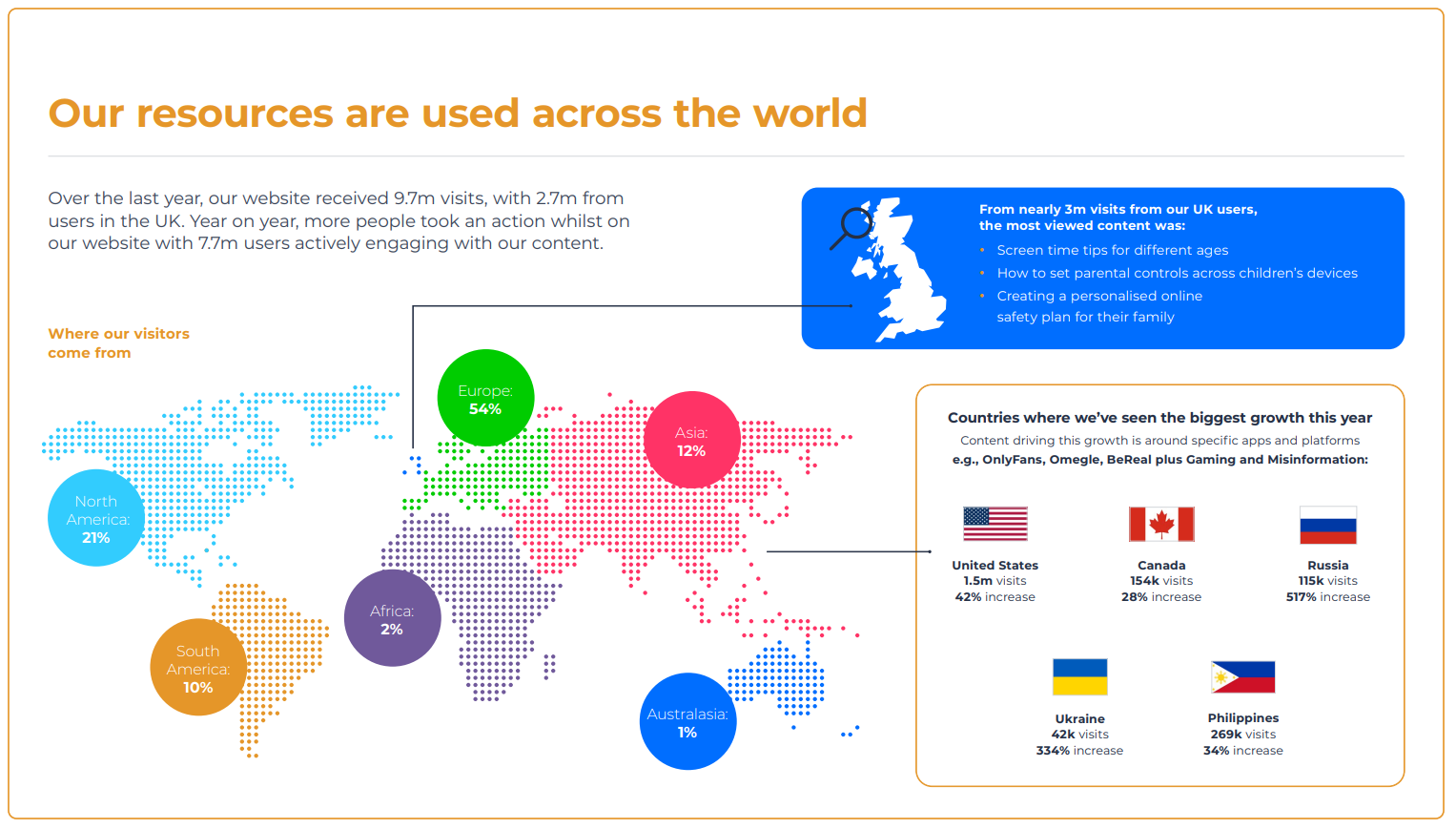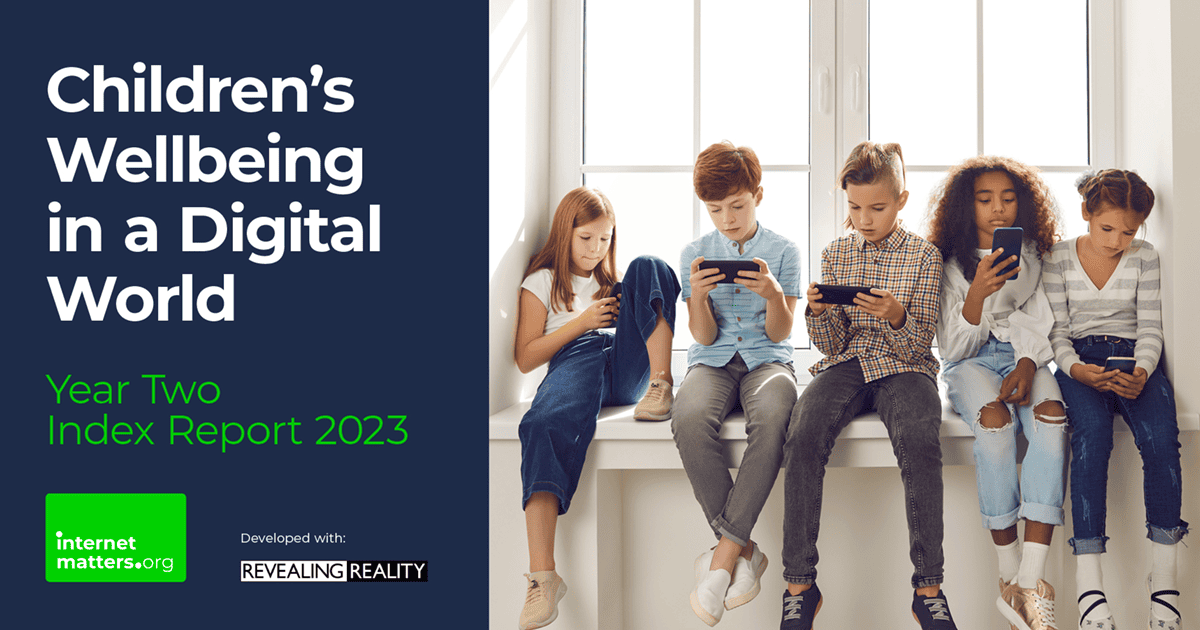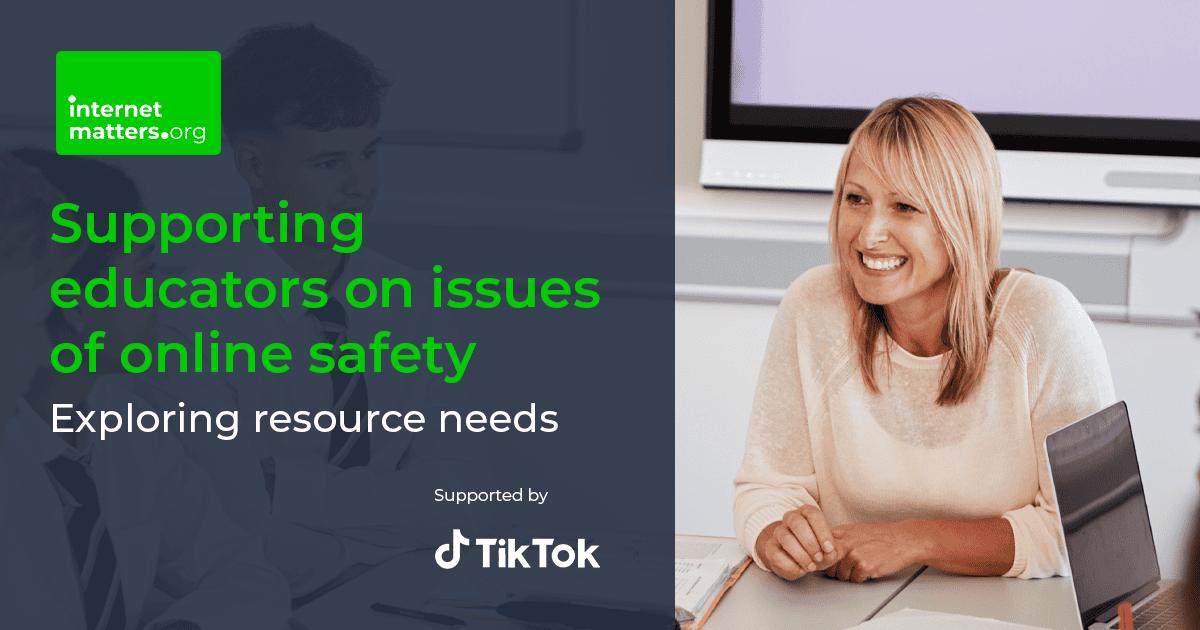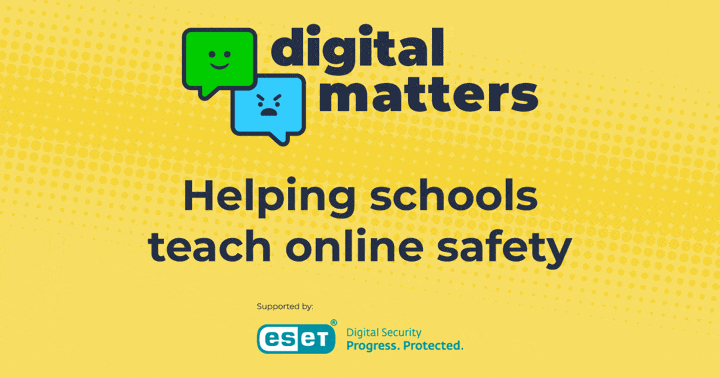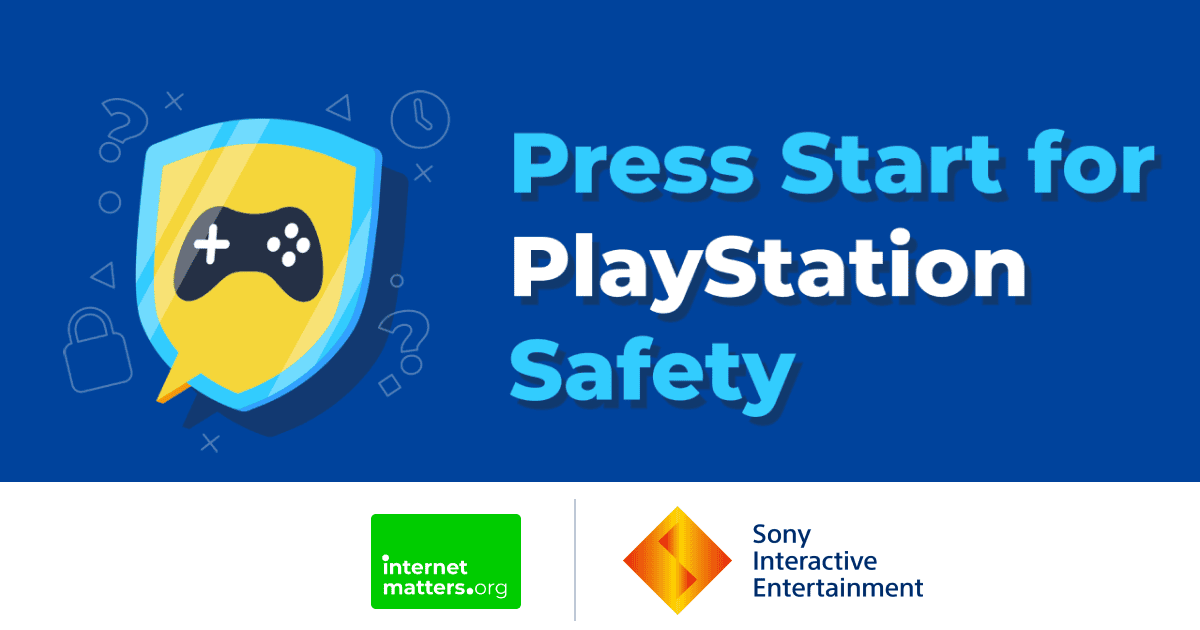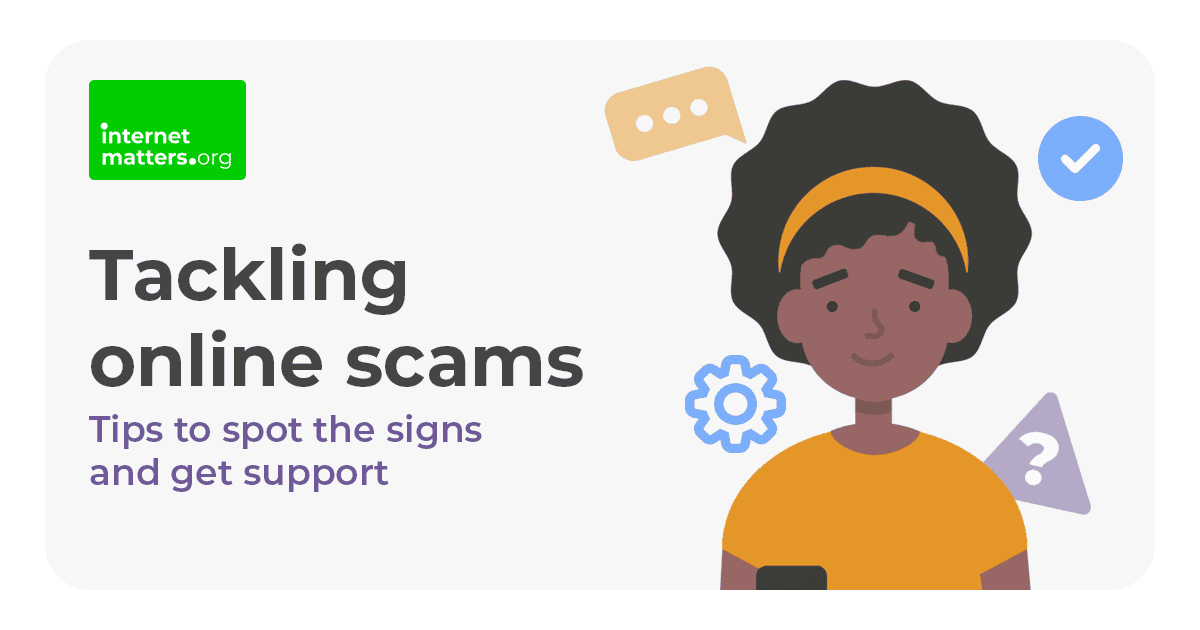But I am clear in my view that regulation is only part of the answer. There also needs to be a continued focus on educating and empowering children themselves, and the adults that support them. In an era of ChatGPT, deepfake technology and cryptocurrencies, media literacy can no longer be seen as a luxury. It provides skills and knowledge which are fundamental to children becoming happy, successful and responsible citizens of the future.
Parents must be at the heart of efforts to educate children in this space. When something goes wrong online, the overwhelming majority of children turn first to their parents. Amongst all the work Internet Matters has done to support parents over the past year, I am particularly proud of the research we have undertaken that demonstrates how engaged, confident and supportive parents are the most significant factor in keeping children safe, well and happy online. And with the support of our partners, we continue to campaign to raise awareness and provide families with the much-needed help and advice.
Schools also have an important role to play, with online safety forming part of the core curriculum. Online life crosses the boundary between school and home, meaning that collaboration between parents and teachers is key. Teachers play a particularly important role in supporting vulnerable children who may not have parents with the capabilities to provide support themselves. This is why Internet Matters continues to expand our offer to schools. It has been a pleasure to see Digital Matters, our platform for teachers of 9–11-year-olds, go from strength to strength.
I am proud of everything Internet Matters has done over the past year to equip parents and teachers with vital advice and support. But this work does not happen in a vacuum, and we cannot ignore the incredibly challenging context of the past year: a cost-of-living crisis putting so many families under incredible strain, along with continued funding constraints faced by schools. Furthermore, accountability for media literacy at the national level remains divided between several government departments and agencies. Internet Matters will continue to champion the voices and interests of families to all those who can make a difference to their online lives.
As the online safety regime begins to bed in, it is my hope that media literacy can now receive the time, attention and commitment it deserves. Internet Matters stands ready to support these efforts and do our bit to make the UK the safest – and most fulfilling – place in the world for children and families to be online.




